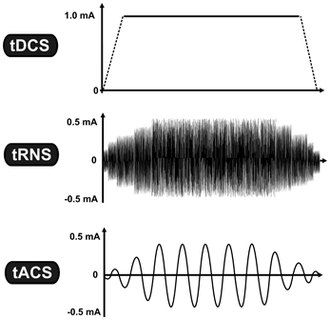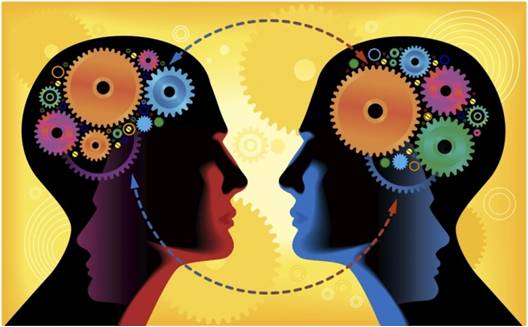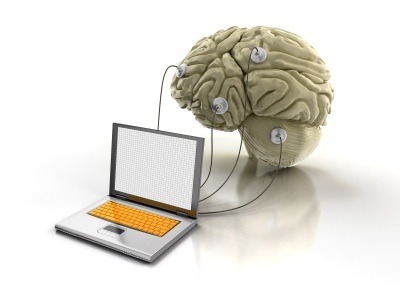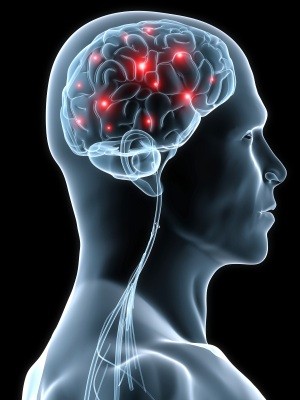Posts Tagged ‘Computerized-cognitive-training’
Non-invasive Transcranial Electrical Stimulation (TES) shows early promise to treat ADHD symptoms in children
Many children with ADHD benefit from medication treatment, behavioral treatment, or their combination, but others do not. In addition, parents are often reluctant to start their child on medication and high quality behavioral treatments are not readily accessible in many areas. The long-term efficacy of these treatments is also less than desirable. Thus, despite these…
Read MoreEvidence review: Cognitive training & remediation works, especially in schizophrenia and healthy aging
___ Evidence That Computerized Cognitive Training Works (Psychology Today) “Many people use computerized cognitive training with the hopes of preventing mental decline or improving mental performance. But do these brain training games actually work?
Read MoreStudy: Computerized cognitive training may help patients with mild cognitive impairment (less so once diagnosed with dementia)
Brain Gain: Computerized Training May Boost Cognition in MCI (Medscape): “Computerized cognitive training (CCT) for patients with mild cognitive impairment (MCI) appears to have a beneficial effect on global cognition, memory, and attention and improves psychosocial functioning, including depressive symptoms,
Read MoreTranscript: Paul Nussbaum on Meditation, Neuropsychology and Thanksgiving
Below you can find the full transcript of our engaging Q&A session yesterday on holistic brain health with clinical neuropsychologist Dr. Paul Nussbaum, author of Save Your Brain. You can learn more about the full Brain Fitness Q&A Series Here. Perhaps one of the best exchanges was:
Read MoreStudy: Working memory training can improve fluid intelligence
Very interesting new study on computerized cognitive training (or brain training), well summarized in LA Times article Memory training improves intelligence in some children, report says. Quote: The training program used by Jaeggi and co-workers focused on ramping up working memory: the ability to hold in mind a handful of information bits briefly, and to update…
Read MoreBrain Training News Digest
Here is a news digest on brain training to start your stimulating New Year: Brain training games: Do they work? This piece explores the world of computerized brain training software: Who uses them? Are they worth the expense? You can also check out Sharpbrains Program Evaluation checklist to learn about the 10 questions to ask when…
Read More





